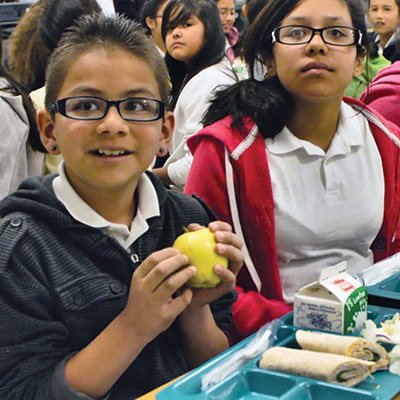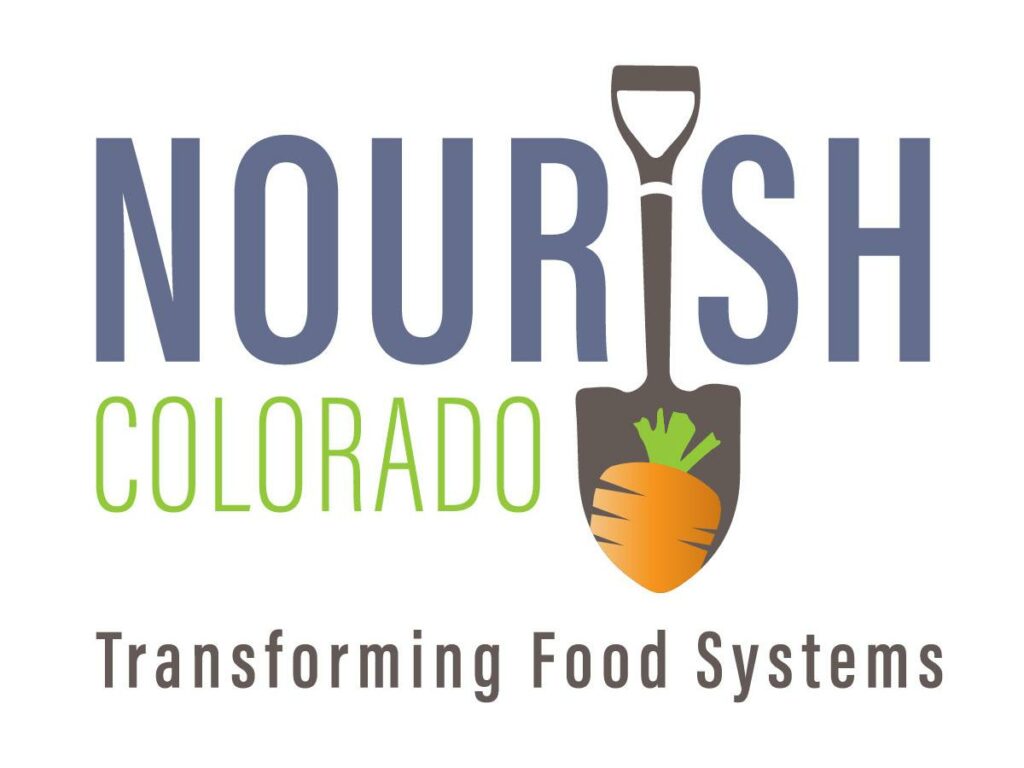This Month: An In-depth Look at “Lunch Shaming” | Save the Date for LiveWell’s 2017 HEAL Summit | National Farm to School Update
In Depth: Lunch Shaming
 Recently throughout the country an archaic policy has entered the forefront of the education and food systems lexicon riding a wave of concern and anger. This policy goes by the name of lunch shaming. For those unaware, lunch shaming is the system that many school districts throughout the country utilize when a student does not have the funds to pay for their daily lunch.
Recently throughout the country an archaic policy has entered the forefront of the education and food systems lexicon riding a wave of concern and anger. This policy goes by the name of lunch shaming. For those unaware, lunch shaming is the system that many school districts throughout the country utilize when a student does not have the funds to pay for their daily lunch.
The shaming aspect of these specific policies occur through various means, including but not limited to putting a bracelet on the students wrist, stamping their hand, and even outright throwing the hot meal away in front of the student and their peers when payment is not secured. Then the student is given a cold meal, such as a cheese sandwich and crackers.
Fortunately, as word of these policies spread, so to have the efforts to repeal them with more passionate and nutritious alternatives. In April, New Mexico became the first state to outlaw the practice as their state legislature passed The Hunger Free Students Bill of Rights Act. The bill makes it illegal for a school to stigmatize any student who cannot pay for their lunch, which means no more bracelets and stamps, and prevents schools from throwing any hot meals given out into the garbage. Furthermore the bill requires that schools make at least two attempts to contact the students’ parents to fill out a free and reduced lunch application form. It also requires that schools be there to provide assistance with filling out said forms. The goal is to correct the problem between schools and adults and not punish children.
Senators in California recently introduced a bill similar to the one in New Mexico that is currently going through their legislative process. LiveWell is carefully monitoring its progress. An anti-lunch shaming bill has also recently been introduced at the federal level and is currently awaiting going into committee.
Colorado is not without its own issues regarding lunch shaming, both good and bad. Denver Public Schools just recently announced that they will be abolishing all student lunch debt for the upcoming school year thanks to donations from nonprofits and the local community. Unfortunately, other districts still utilize the practice of identifying students who cannot pay and offering different, often, less nutritious meals. LiveWell Colorado continues to work towards ensuring that all students at all schools are able to obtain healthy meals that will allow them to succeed in and out of the classroom away from any stigma.
Save the Date: 2017 HEAL Summit
Our annual summit will be held Nov. 30 to Dec. 1 at the Double Tree Denver-Stapleton North Hotel and will feature keynotes from Tamika Butler, ED of the LA Neighborhood Land Trust and Dwayne Wharton, Director of External Affairs for the Food Trust.
LiveWell Colorado’s HEAL Summit is the premier annual convening that brings together Healthy Eating and Active Living (HEAL) leaders from throughout the state of Colorado and beyond. The purpose of the Summit is to share expertise and provide learning and practical experience for those focused on improving access to healthy living in Colorado. A wide range of participants, including leaders from municipalities, public health, non-profits, the private sector, and the philanthropic community gather to share expertise, challenges and exciting new developments regarding HEAL. The strength of the annual event lies in the powerful breakout sessions that are provided, allowing participants to meet and learn from each other.
National Farm to School Update
The National Farm to School Network is planning to introduce a bill this fall in Congress to assist more schools throughout the country engage in farm to school efforts. As many of you already know, farm to school programs have been an integral part of positively changing school kids’ nutrition, supporting farmers, and improving local economies. Unfortunately, despite the positive benefits derived from these programs, federal resources for assisting farm to school programs is currently capped at $5 million. To put that in context, in the last grant cycle, Colorado applicants alone requested over $2,475,740 to start programs. Because the existing $5 million covers the entire country, Colorado only received grants totaling $742,460. Nationally, over 1,600 applicants have requested more than $120 million for farm to school programs.
Because the interest and need is so high, the National Farm to School Network will introduce their bill to gain Congressional support for continuing this movement in a more robust form. A separate farm to school bill has become necessary because farm to school funding has traditionally been included in the Child Nutrition Reauthorization (CNR) package, which has been and continues to be stalled in Congress. Because it is generally believed that CNR will not be taken up by Congress for at least a year or two, the Network has decided to introduce a stand-alone bill.
LiveWell is currently meeting with members of the Colorado Congressional delegation to express our support for this bill, as well as working with local partners to meet with their regional congressional office staff around farm to school and farm bill issues. We are always looking for people who do this work to meet with members of Congress and the state legislature to educate them about the work you all are engaging in and how it benefits your communities. If you want to participate in this local advocacy program please contact Charlie Severance-Medaris at charlesseverancemedaris@livewellcolorado.org.


